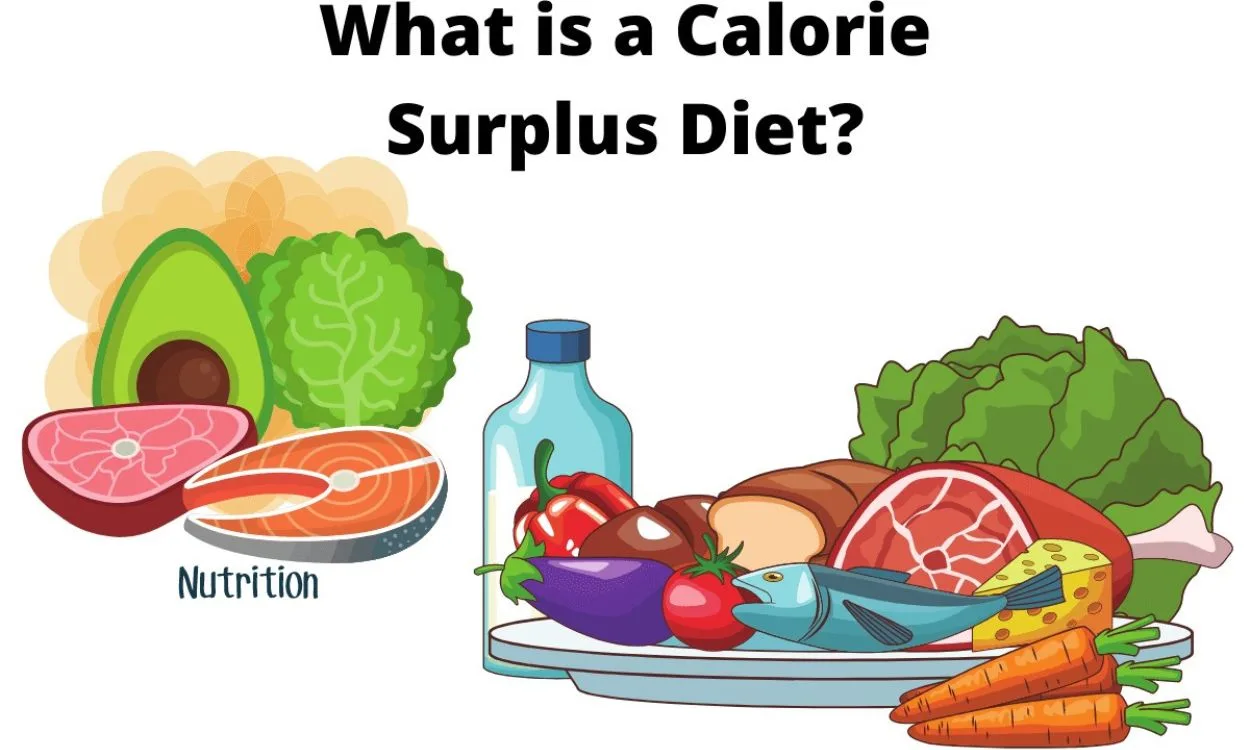What is the Role of Calorie Surplus in Promoting Weight Gain?
Introduction
Have you ever wondered why some people seem to effortlessly gain weight while others struggle to put on even a few pounds? The answer lies in understanding the concept of calorie surplus. In simple terms, a calorie surplus occurs when you consume more calories than your body burns, leading to weight gain. In this article, we will delve deeper into the role of calorie surplus in promoting weight gain and explore how it affects different individuals.
Understanding Calories
Before we dive into the specifics of a calorie surplus, let’s first understand what calories are. A calorie is a unit of energy that is obtained from the food we consume. It provides fuel for our body to perform various functions, including breathing, digestion, and physical activity.
Calorie Surplus and Weight Gain
When you consume more calories than your body needs to maintain its current weight, the excess calories are stored as fat. This is the basis of weight gain. However, it’s important to note that not all weight gained from a calorie surplus is fat. Some of it may be muscle mass, especially if accompanied by strength training exercises.
The Role of Calorie Surplus in Different Individuals
- Individuals with a Fast Metabolism: Some individuals naturally have a faster metabolism, which means their bodies burn calories at a higher rate. For such individuals, achieving a calorie surplus may be more challenging, as their bodies require more calories to maintain their weight. They may need to consume a significant amount of food to create a surplus and promote weight gain.
- Sedentary Lifestyle: People leading a sedentary lifestyle, such as those who work desk jobs and have minimal physical activity, often find it easier to create a calorie surplus. With less energy expenditure throughout the day, the excess calories are more likely to be stored as fat, leading to weight gain.
- High-Calorie Foods: Consuming calorie-dense foods can significantly contribute to a calorie surplus. Foods that are high in fats and sugars, such as fried foods, desserts, and sugary beverages, can quickly increase your calorie intake. Incorporating these foods into your diet without balancing them with physical activity can lead to weight gain.
- Genetics: Genetics can also play a role in how the body processes and stores calories. Some individuals may have a genetic predisposition to easily gain weight, even with a moderate calorie surplus. Understanding your genetic makeup can help you better manage your calorie intake and weight.
How Fitpaa Can Help
While understanding the role of a calorie surplus is important, it’s equally essential to have the right tools and guidance to achieve your weight goals. Fitpaa, an AI-driven metabolism monitoring and management technology, can help you in this journey. With its personalized Fitpaa Capsule, you can receive expert guidance from fitness coaches, nutritionists, and doctors to create a sustainable calorie surplus plan tailored to your body and lifestyle.
Additionally, the Fitpaa app provides features such as a diet tracker and a smart workout trainer that make it easier to follow your plan. The app also offers real-time guidance and support, including habit-building techniques and timely reminders to keep you motivated and on track.
Conclusion
In conclusion, a calorie surplus plays a crucial role in promoting weight gain. By consuming more calories than your body burns, you create an environment where excess calories are stored as fat. However, achieving a calorie surplus requires a balanced approach, considering factors such as metabolism, lifestyle, and genetics. With the help of Fitpaa, you can embark on a journey towards sustainable weight gain, supported by expert guidance and a personalized plan. Download the Fitpaa app today and unlock your potential for a healthier, fitter you.









